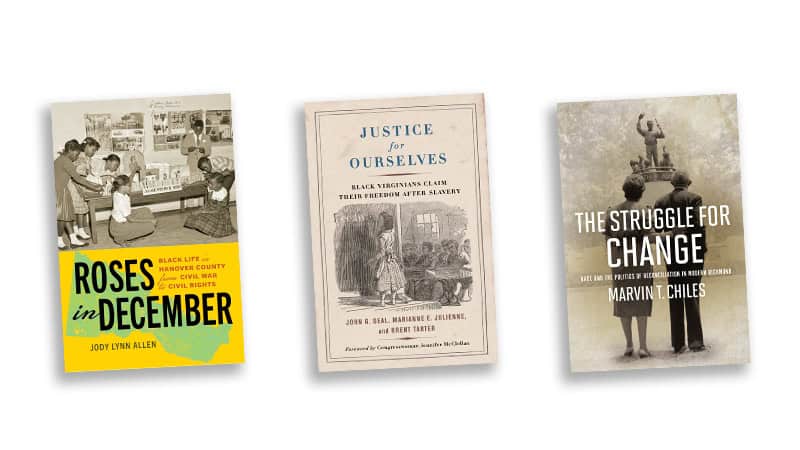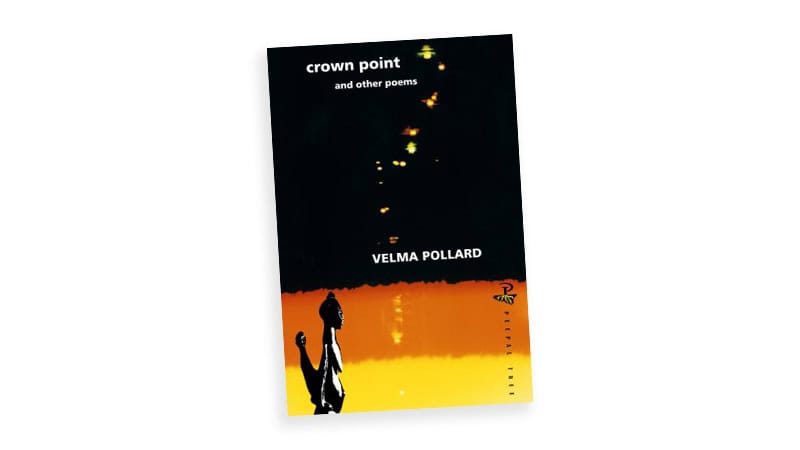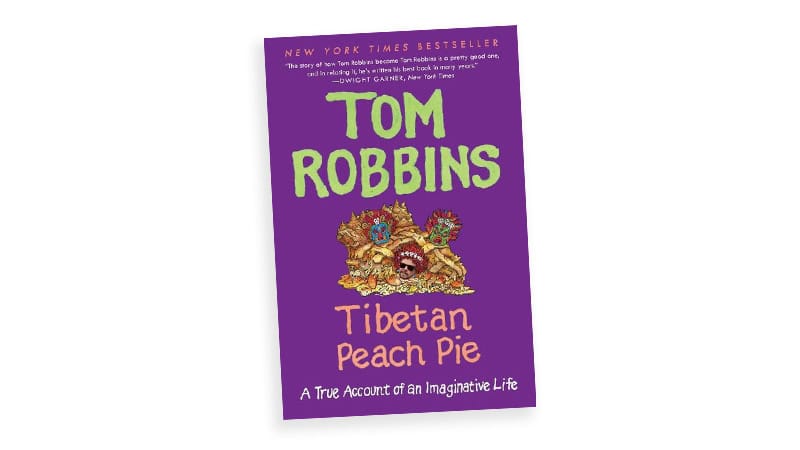Barbara Kingsolver
BOOMERs interview the bestselling author.
If you’re at the Library of Virginia on Oct. 18 to see Barbara Kingsolver pick up the library’s 2014 Literary Lifetime Achievement Award, be aware that — even though she’s not at your table — she may be overhearing your conversation.
“I love words,” says the acclaimed novelist, poet and essayist. “Dialogue is the easiest part of writing for me because I’m always listening and recording conversations in my head. I may be talking to the person in front of me, but I can clearly hear the woman behind me say, ‘It weighed 300 pounds,’ and I really want to turn around and ask, ‘Could you tell me more about that?’ ”
WE SPEAK A POETIC LANGUAGE’
Kingsolver appreciates the poetry of language more than most. She lives in Washington County, Va., which she terms the heart of Appalachia.
“I am sick to death of the way our region and its people are portrayed on TV,” she says. “Reality shows feature people who don’t represent what we’re like — they’re not who we are. The people of Appalachia are storytellers. We have a dialect, yes, and we speak a poetic language. As a result of the way we’re portrayed, I feel I have to watch my P’s and Q’s when I’m out and about. I consider myself an ambassador for my region.”
She and her husband, Steven Hopp, who teaches environmental studies at Emory & Henry College, enjoy the country life of southwest Virginia. They garden and raise Icelandic sheep.
“We shear them and mill the wool into yarn to my specifications,” says Kingsolver. “I design the yarn, blending it with other fibers, knit some of it, sell some and dress family and friends in my ‘couture.’ ” She calls it a fun hobby and says if she didn’t write, her job title might be knitwear designer. “Of course, maybe I wouldn’t love it so much as a vocation. Right now it calms me down and stops words from rubbing against my skull.”
‘I LOVE THEM ALL, EVEN MY VILLAINS’
When Kingsolver’s writing her novels, her skull is also home to a large quantity of characters.
“My relationship with them becomes the primary relationship in my life while I’m writing. I’m spending more time with them than with my husband. They are in my head, and I am inside their lives. They have no secrets from me. When the book is finished and I have to put them aside, I go through a grieving process.”
She also grieves when she has to kill off a character. “I love them all, even my villains. When creating characters, you have to remember that all of us think we’re right. Whatever we do in life, we can justify. I have to love my villains to make them real, so I have to get inside them and their motives.” Kingsolver says she often asks of a villain, “What does his mother feel about him?”
When a novel is ended and the characters are “put in the closet,” Kingsolver usually has her next story already in her head. The current novel-in-waiting has been sidetracked, though, as she has spent recent months writing screenplays for two of her books soon to be filmed: Prodigal Summer and The Poisonwood Bible. The latter, a New York Times best-seller and perhaps the best known of her 14 novels, was nominated for a Pulitzer Prize in 1999.
Writing these scripts has been a challenge, she says. “You have to exercise such economy, leaving so much unsaid. In a screenplay, unlike a novel, I can’t tell you what a character is thinking — I have to find a way to show you. I’m enjoying that challenge.”
‘I PUT ON HOPE LIKE I PUTON MY SHOES’
She’s also enjoying an assignment she performs annually. In 1998, she founded the Bellwether Prize for Fiction, a $25,000 award that also includes a publishing contract. It’s the nation’s largest prize for an unpublished first novel, and Kingsolver still chooses the winners. (“I get to call them up on the phone and hear them scream.”) The Bellwether Prize — now the PEN/Bellwether Prize for Socially Engaged Fiction — has helped establish the careers of more than a half dozen new literary voices. Kingsolver places those prizewinners on her list of favorite authors.
Social engagement is at the heart of Kingsolver’s own work, too. She describes herself as a hopeful person: “I’m not optimistic, but I’m hopeful because I don’t have a choice. I get up every morning and put on hope like I put on my shoes. I have children and grandchildren, and to give up hope is sort of a form of child abuse.”
As one among the many distinguished honorees of the Literary Lifetime Achievement Award over the years, Kingsolver is in the company of other well-known Virginia writers such as Tom Robbins, Lee Smith, Tom Wolfe, John Grisham, Earl Hamner, William Styron, Rita Dove — all the way back to Ellen Glasgow and Edgar Allan Poe. “It means a lot to win an award from librarians and a library,” says Kingsolver. “Libraries, along with public education, are among the best deals in America.”
Barb Fitzgerald is a freelance writer and the wife of BOOMER columnist Randy Fitzgerald.
LIBRARY OF VIRGINIA LITERARY AWARDS CELEBRATION
Featuring Lifetime Achievement Award recipient Barbara Kingsolver. Tickets, for $175, include cocktail reception with the authors, seated dinner, presentation and open bar.
DATE: Sat., Oct. 18, 6:30-10:30 p.m. LOCATION: Library of Virginia,
800 E. Broad St., Richmond
MORE: thevirginiashop.org/ literaryawardscelebration.aspx
BOOKS BY BARBARA KINGSOLVER
Flight Behavior, 2012.
The Lacuna, 2009.
Animal, Vegetable, Miracle: A Year of Food Life, 2007.
SmallWonder, 2002.
Last Stand: America’s Virgin Lands, 2002.
Prodigal Summer, 2000.
The Poisonwood Bible, 1998.
High Tide in Tucson: Essays From Now or Never, 1995.
Pigs in Heaven, 1993.
Another America/Otra América, 1992.
Animal Dreams, 1990.
Homeland and Other Stories, 1989.
Holding the Line: Women in the Great Arizona Mine Strike of 1983, 1989.
The Bean Trees, 1988.


